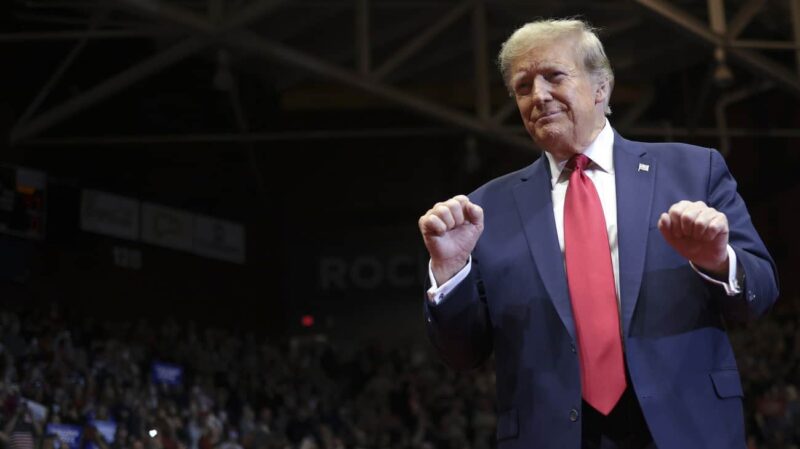According to a recent Gallup poll, Donald Trump’s support level during the first months of his second presidential term was higher than during the same period of his first four years in office

Specifically, nearly half of American respondents—45%—expressed approval of Trump's actions in the first quarter of his second presidency. This represents a significant increase compared to his first term, when many experts and public figures noted a rather low level of support. Looking deeper into the statistics, during the quarter of his first administration, Trump had a approval rating of only 41%. This figure was 19 percentage points lower than the average support level for American presidents at similar times in history, indicating serious challenges and crises he faced at the beginning of his time in the White House. Notably, since 1952, when systematic public opinion polling of U.S. presidents began, the average approval rating in the early months of presidencies has been around 60%. Experts attribute Trump's rising popularity in the early months of his second term to his active foreign economic policy, particularly the announcement of new tariffs. This month, the former president announced the implementation of a 10% basic tariff on nearly all imports, as well as increased tariffs for some countries, notably China, which remains the U.S.'s main trading partner. According to Trump, these measures are intended to stimulate domestic producers and ignite a new economic wave in the United States. Currently, most of the reciprocal tariffs introduced are on a 90-day pause; however, this pause does not apply to China. Beijing remains the largest trading partner of the United States and a primary focus of Trump's trade policy. The widespread practice of imposing national tariffs and trade restrictions elicits mixed opinions among American business and citizens but simultaneously strengthens support by criticizing globalization processes championed by opponents. Overall, the rise in Trump's approval ratings during this period may reflect internal political dynamics, his electoral base consolidation, and his ability to leverage foreign policy issues to mobilize support. Meanwhile, analysts note that such high approval indicators have emerged at a time when Americans are dealing with the consequences of his foreign policy decisions and economic measures, sparking ongoing debates about their effectiveness and long-term impacts on the country. Additionally, it is worth noting that in this context of political and economic maneuvers, Trump's role in shaping public opinion and the political scene in the U.S. is significantly increasing. His actions have repeatedly become subjects of intense debate within society, especially regarding support and opposition. Overall, analysis of recent polling data shows that Donald Trump's presidential ratings remain quite volatile and depend on many internal and external factors. However, currently, his support shows stability that might even strengthen. Sources: Gallup poll, materials from The Hill and "European Truth".

